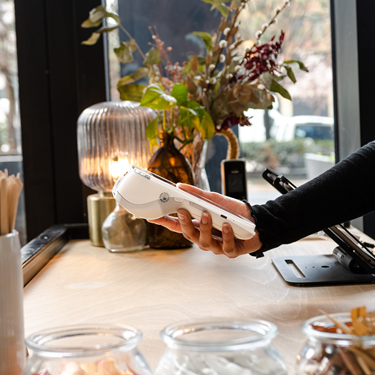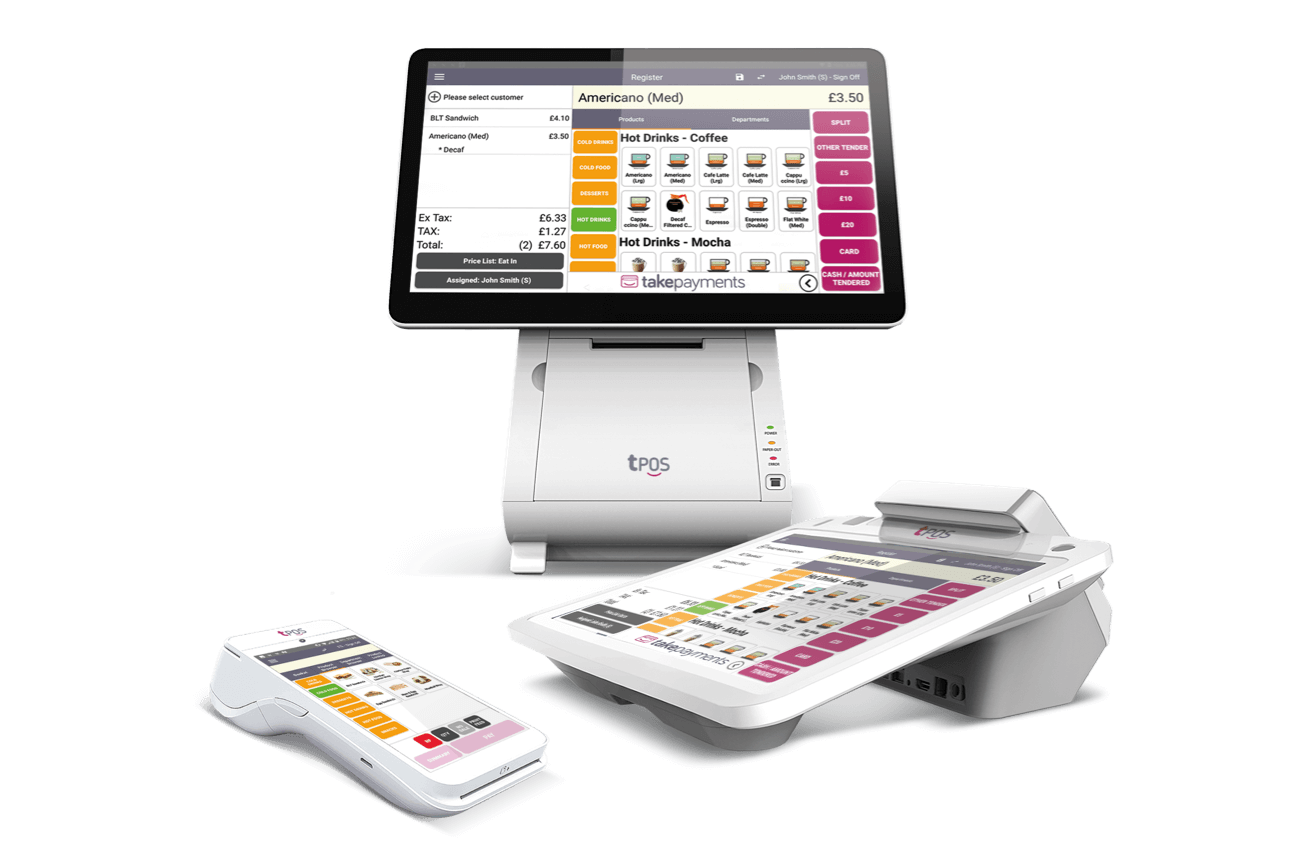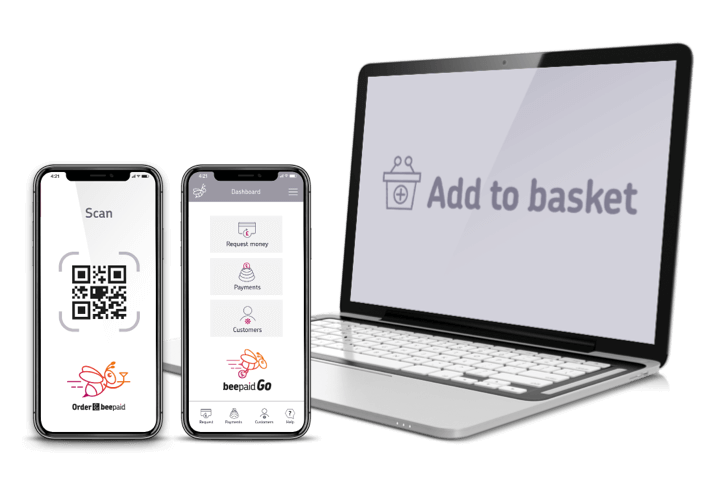
Owning a business is always challenging. But for some UK employers, the cultural and economic challenges of the past 12 months have been particularly demanding, with high inflation rates, low consumer spending and rapidly advancing technologies like AI significantly changing the commercial landscape.
To fully understand what lies ahead, we surveyed over 1,000 UK SME owners and senior leaders across dozens of industries. What do they see as the key business challenges for 2023 — and what does it tell us about the future?
What is the number 1 challenge businesses said they face in 2023?
When asked to state the biggest challenge they faced in 2023, the top answer from business owners was “Financial Challenges” with nearly half of the vote (46%). Less than 1 in 10 (9%) put this as their top challenge in last year’s survey.
1 in 10 (11%) of business cited environmental sustainability challenges as their biggest concern for the next 12 months. This has dropped by half since 2022, when 22% of businesses said it was their biggest challenge.
Talent and people is at 9%, up from 7% in 2022, amid a year in which salary demands from workers are increasing and businesses have struggled to keep up.
Fewer business owners listed societal changes as their top concern than they did last year. While more than 1 in 10 (11%) reported worries about social change in 2022, it almost halved to 1 in 20 (6%) in 2023.
The top 10 concerns for small businesses in 2023
Top 10 concerns for businesses in 2022
The most commonly reported concern for UK SMEs was staying profitable. 2 in 5 businesses are worried about pricing and profitability (42%). Almost as many businesses said they were concerned that consumers were less willing to spend money than they were a year ago (35%).
Third was the price of things like rent and energy (30%), a new entry to the top 10 list for 2023. This follows from the record energy price rises in late 2022 and the recent announcement that the Bank of England is moving to a 15-year-high 5.25% interest rate in order to combat inflation, driving up the prices of commercial mortgages.
Advancements in AI were cited as a concern for 1 in 5 (21%) businesses, closely followed by rising online fraud (20%), both new in the top 10 this year. Cybersecurity also crept up the priority list since last year, moving from 9th in 2022 to 7th in 2023.
Understandably, 2022’s concerns about further lockdowns (1) and coronavirus regulations (8) have dropped out of the top 10 completely in 2023.
Business outlooks for 2023
There was a significant increase in companies expecting to maintain their current performance in 2023. It nearly tripled to 32%, from just 13% in 2022.
However, 1 in 5 (20%) business owners and leaders expect their companies to struggle in the next 12 months, double the rate in 2022 (10%). Additionally, less than a quarter (24%) of business owners expected their companies to grow in the next 12 months, down from 32% in 2022.
Perhaps encouragingly, the number of businesses expecting to close has dropped by half in 2023 to 5%, down from 10% in 2022. Business owners expecting to sell in 2023 (4%) is only about a third of that in 2022 (12%).

What the data tells us
Jodie Wilkinson, Head of Strategic Partnerships, at takepayments says: “It’s perhaps unsurprising that financial pressures have rocketed to the top of the list of concerns for businesses in 2023.”
“The high inflation we’ve experienced over the last twelve months is putting pressure on business leaders to both keep consumer-facing prices competitive, while also addressing salary demands and increasing supplier rates.”
“Rising costs can put pressure on businesses' margins, making it crucial for them to optimise pricing strategies and explore cost-cutting measures to maintain profitability.”
“The drop in concern for environmental factors may be a knock-on effect of the cost of living crisis, with SMEs shifting their focus to address more immediate financial challenges. However, we hope that companies remain mindful of their environmental responsibilities in the long term.”
“The fact that so many more businesses anticipate that they’ll struggle this year emphasises the need for proactive measures to overcome challenges. As a digital payments provider, we believe it’s crucial to understand and address these concerns by offering innovative solutions that can help businesses streamline their financial operations and boost efficiency.”

Methodology
To collect this data, takepayments surveyed 1,000 UK-based business owners, directors and leaders between 27th July and 1st August 2023. Users were screened prior to their responses and each answer was stratified to ensure maximum accuracy. The survey was built on and distributed by Pollfish, a leading independent consumer insights platform.


